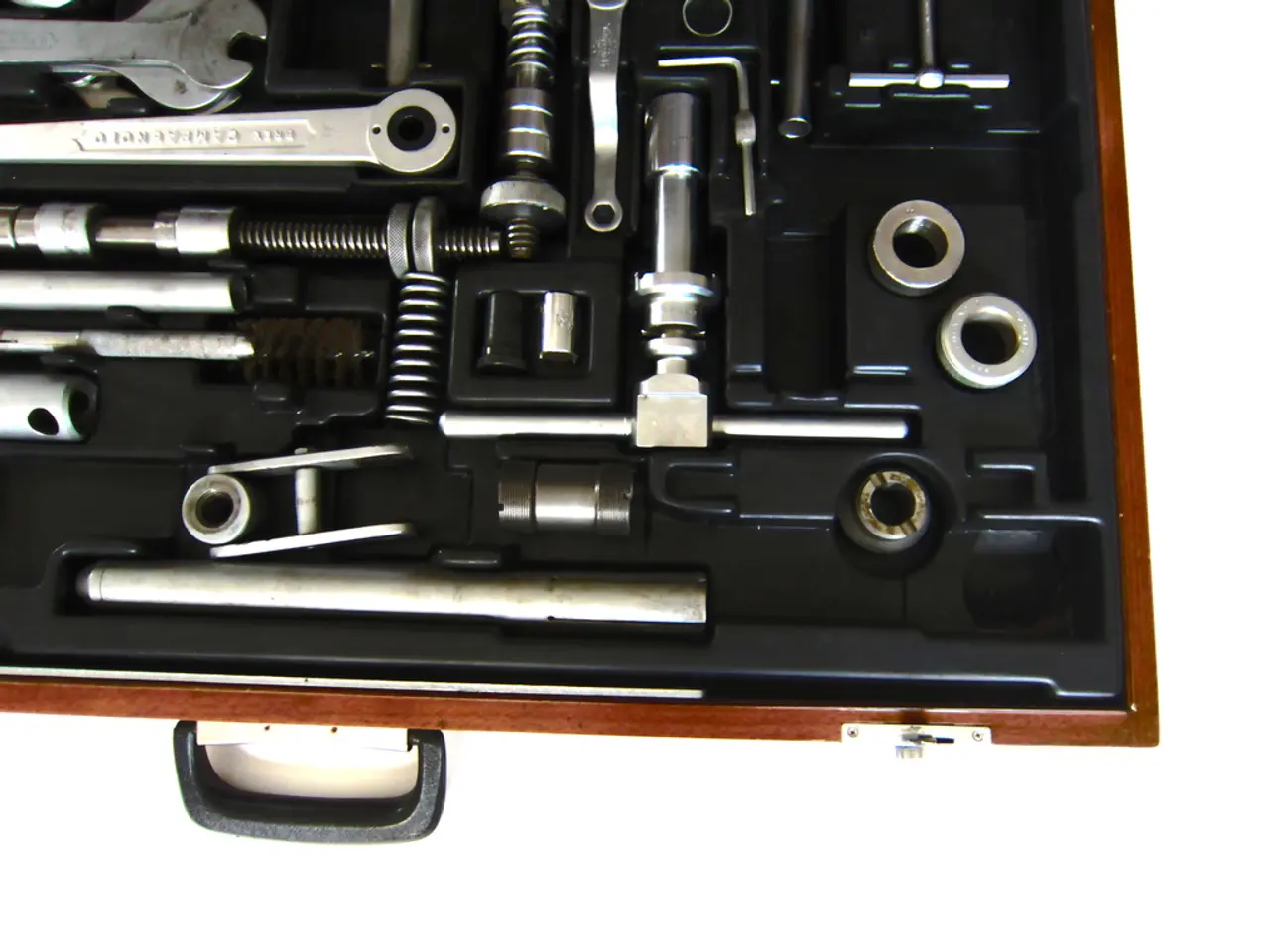Homeowner's Guide to DIY Spark Plug Replacement Price Estimation
In the world of car maintenance, one task that every car owner should be familiar with is spark plug replacement. This article will guide you through the costs, benefits, and precautions of DIY spark plug replacement for a four-cylinder engine.
Firstly, let's discuss the costs involved. The total cost of DIY spark plug replacement includes the cost of spark plugs, tools, and the value of your time. For a four-cylinder engine, you need four spark plugs. Standard spark plugs typically cost around $5–$15 each, whereas premium plugs like iridium or platinum can cost $10–$25 each. So, for four plugs, expect to pay $20 to $100, with a common middle ground around $40–$60 for decent quality plugs.
Basic tools required for DIY spark plug replacement include a spark plug socket (usually 5/8" or 13/16"), a ratchet wrench, and possibly an extension bar. A spark plug gap gauge may also be useful. These tools can be bought individually or as a kit. A decent spark plug socket and ratchet combo can cost around $15 to $40 if you don’t already own them.
Assuming you already have some tools, your incremental cost is mainly the spark plugs ($40–$60). If you need to buy tools, add about $20–$40, leading to roughly $40 to $80 total outlay. Professional replacement costs, on the other hand, usually start at $100 and up due to labor charges, plus possible additional costs if intake components need removal for access.
When deciding whether to replace spark plugs yourself or hire a pro, consider the costs, benefits, and your own skills and time. DIY saves on labor but requires proper tools and care for safe, correct installation. However, for complex engine configurations, those new to DIY car repairs, and those with time constraints, hiring a professional might be more cost-effective.
It's essential to follow safety precautions when working with spark plugs. Disconnect the battery, wear protective gear, and ensure the engine is cool before starting the replacement process. Common mistakes to avoid during DIY spark plug replacement include over-torquing spark plugs and ignoring cylinder sealing, which can lead to expensive repairs.
The spark plug is a crucial component in a car’s engine, responsible for igniting the fuel-air mix. Signs indicating the need for new spark plugs include engine misfires or rough idling, difficulty starting the engine, decreased fuel efficiency, and visible wear or fouling on the spark plugs.
To extend the life of your spark plugs, regularly check and replace your air filter, use the correct type of spark plug recommended by your vehicle’s manufacturer, avoid extreme driving conditions, and ensure your engine is properly tuned.
In summary, for a four-cylinder engine, a DIY spark plug replacement including materials and tools typically costs between $40 and $80, much lower than professional service fees. However, always weigh the costs, benefits, and your own skills and time before deciding whether to DIY or hire a pro.
- For those interested in the industry, this article provides a comprehensive look at the costs, benefits, and precautions of DIY spark plug replacement for a four-cylinder engine, including the costs of spark plugs, tools, and time.
- In the realm of finance, the total cost of DIY spark plug replacement can range from $40 to $100 for decent quality plugs, while professional replacement typically begins at $100 due to labor charges and potential additional costs.
- In the context of transportation and automotive, it's crucial for car owners to understand the importance of car-maintenance tasks such as spark plug replacement, which can significantly impact the performance of their vehicles.
- From a lifestyle perspective, making informed decisions about DIY car repairs can lead to significant savings, while also understanding the risks and requiring the appropriate skills and tools to ensure safety and correct installation.




